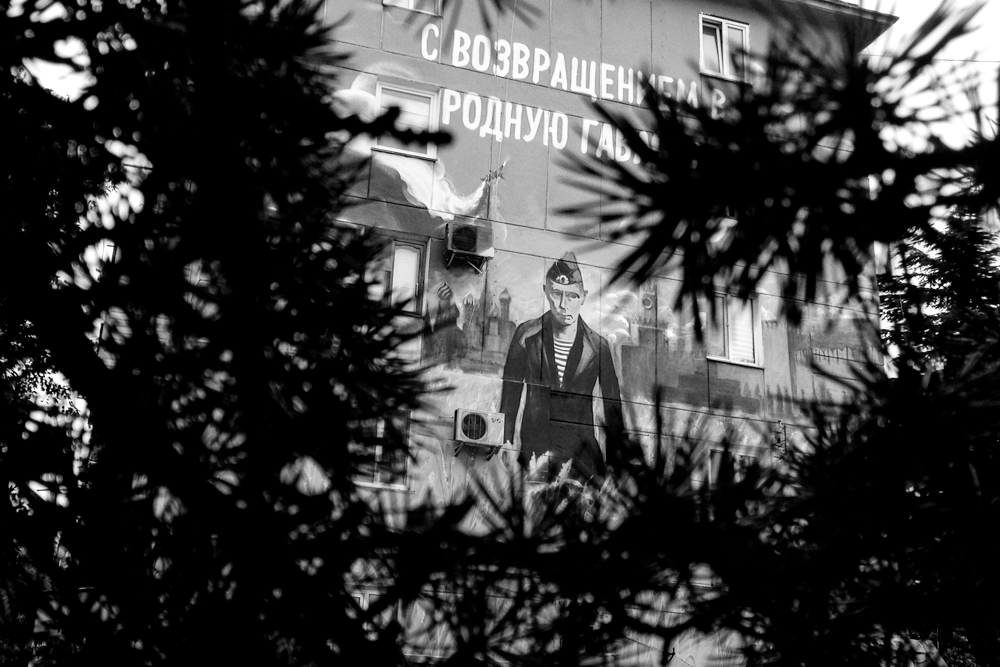
Even before Russia annexed Crimea in March, the LGBT community did not have it easy. Pro-Russian regional leaders have repeatedly made anti-gay statements. Now, with the region living under Russian laws, these statements are no longer seen as outrageous, but as the norm.
The de facto prime minister of the region Sergei Aksyonov has said at a recent government meeting that "gays are not welcome here, and not wanted, and I guarantee, they will never be allowed to organize public events." He added that local paramilitaries and the police will swiftly deal with such people if they come out into the streets.
It is estimated that Black Sea peninsula's LGBT community numbers about 10,000 people. Many more would come from across Ukraine and from Europe to vacation here in the summer. But this summer there are very few people in Semeiz, a town known as the center of gay life on the coast. Few Ukrainians want to spend their money in a region annexed by Russia, and few foreigners venture to make the trip into a country at war.
The Ukrainian government has been much more accepting of the LGBT community, especially recently with renewed aspirations to join the European Union. Gay couples have enjoyed years of peaceful living, many adopting children or producing their own with surrogates--both practices illegal in Russia. Now many are receiving threats and those who can afford are leaving their coastal homes for Kiev.





